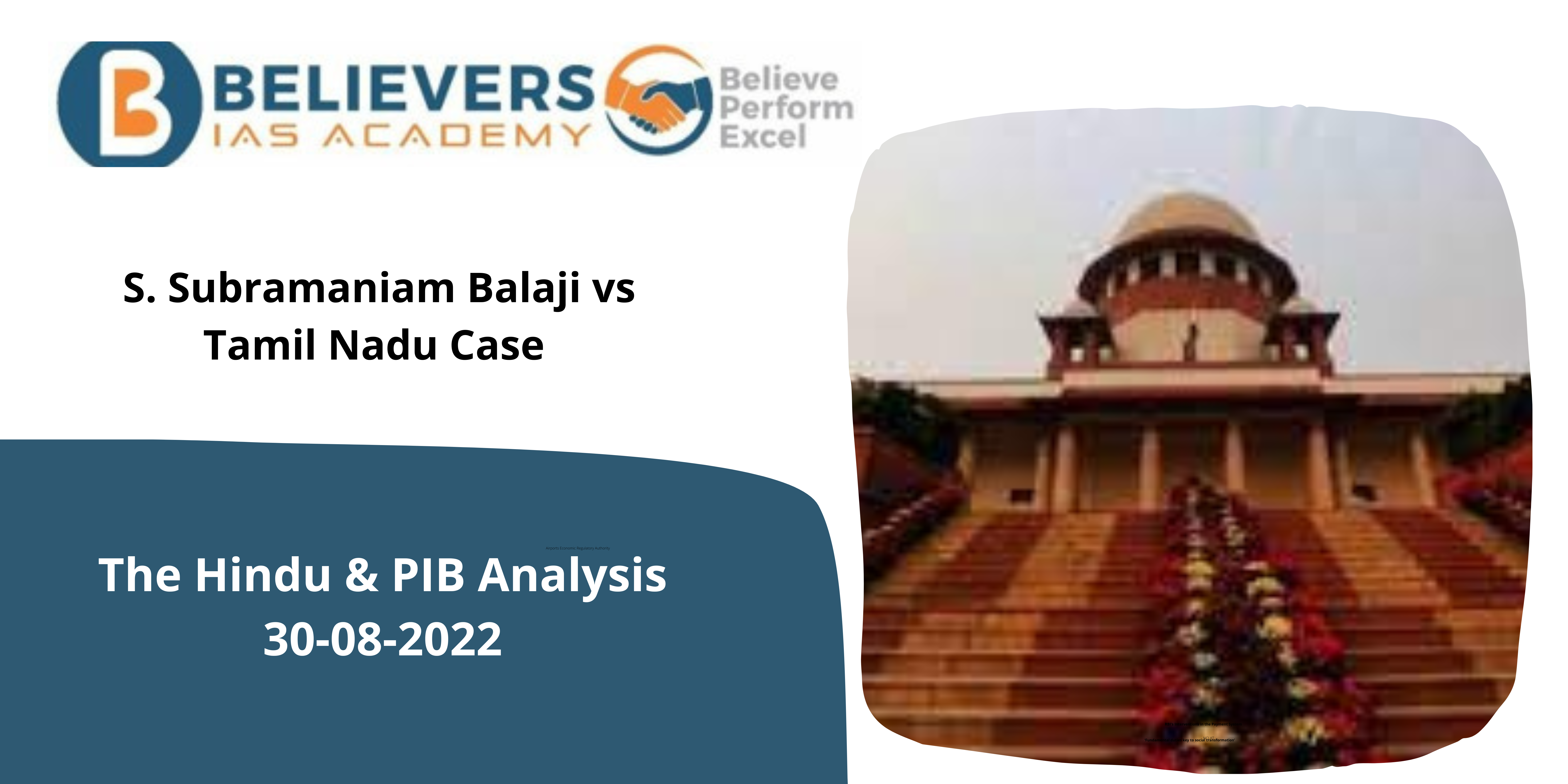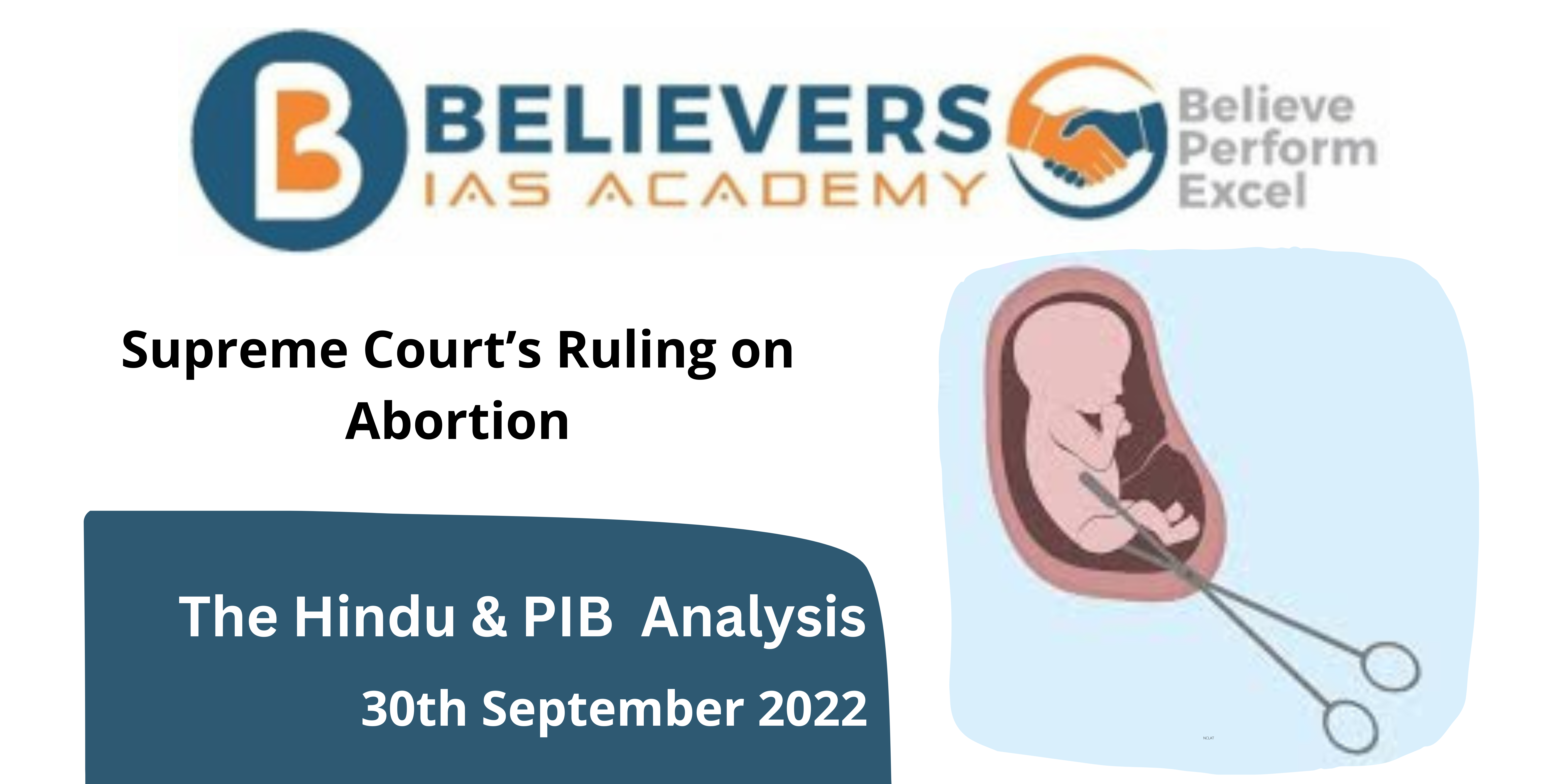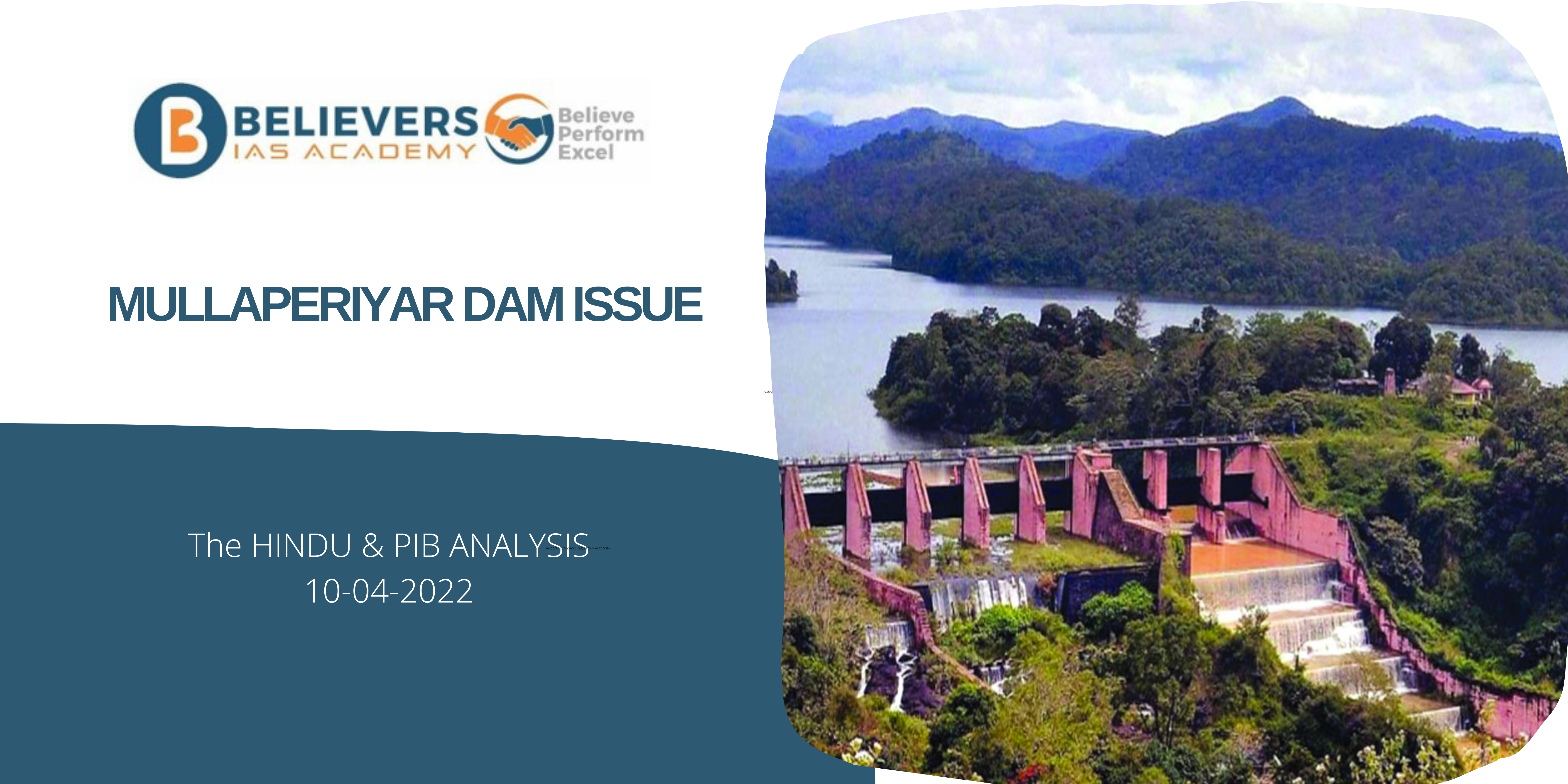S. Subramaniam Balaji vs Tamil Nadu Case
Context:
- Recently, the Supreme Court referred to a three-judge Bench a series of petitions seeking a judicial direction that political parties who make “wild” promises of largesse should also reveal in their poll manifestos where they will get the money to pay for them.
About the case:
- The sequence of events began in 2006, just before the elections for the Tamil Nadu Assembly. In its election manifesto, the Dravida Munnetra Kazhagam (DMK) promised to provide free colour television sets (CTVs) to “each and every home” without one if the party was elected to power.
- The party argued that the TV would “give household women, particularly those residing in remote areas, with recreation and general information.” After winning a landslide victory in the elections, the party decided to put its plan into action and allotted 750 crore from the budget for the undertaking.
- The All India Anna Dravida Munnetra Kazhagam (AIADMK) and its alliance released an electoral manifesto in 2011 that included free presents to “equalise” the DMK’s offerings.
- A Tamil Nadu individual named Mr. Balaji contested the parties’ schemes in the Madras High Court.
- The State’s proposed expenditure from the exchequer, according to him, is “unauthorised, unlawful, and ultra vires the constitutional obligations.” His lawsuit was dismissed by the High Court, and he then appealed to the Supreme Court.
Way Forward
- The court anticipates in its judgement that “freebies may create a situation wherein the State government is forced towards imminent insolvency and the State is unable to offer basic facilities due to lack of cash.”
- The court stated that it wanted an open discussion about whether a “enforceable” judicial order may prevent political parties from making and giving out “irrational freebies” before the three-judge Bench.
- The case is special because the Supreme Court is debating whether legal restrictions can be placed on a purely political promise of benefits.
Source The Hindu




